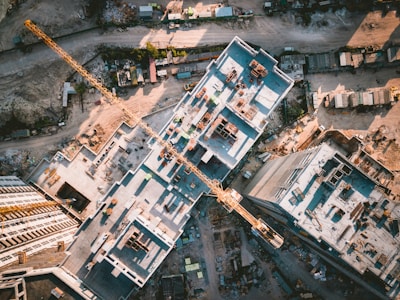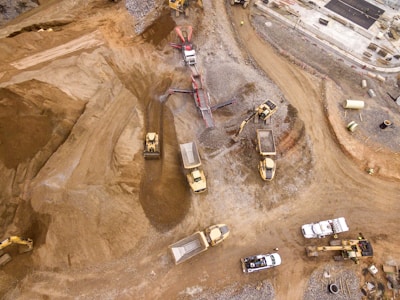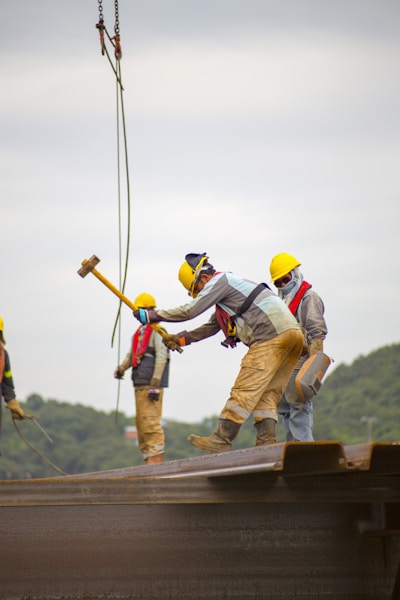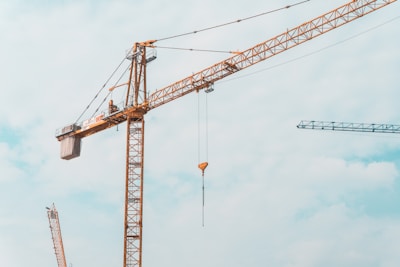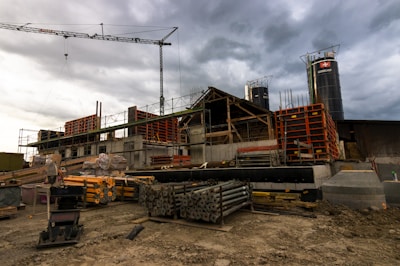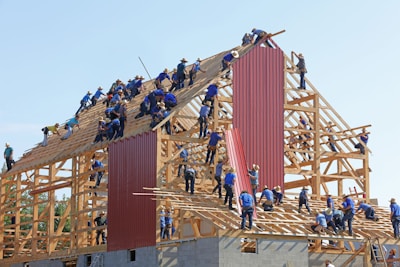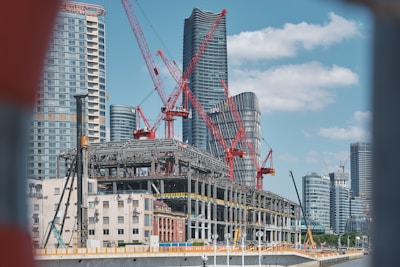Planning and Design: This stage involves conceptualizing the project, creating design plans, obtaining necessary permits and approvals, and establishing project goals and objectives.
Pre-construction: In this phase, detailed cost estimates, schedules, and construction contracts are prepared. Site surveys, environmental assessments, and feasibility studies may also be conducted.
Procurement and Mobilization: The necessary materials, equipment, and labor are procured and mobilized to the construction site. Contractors and subcontractors may be hired, and construction permits and licenses are obtained.
Construction: This is the stage where the physical construction work takes place. It involves site preparation, excavation, foundation work, structural assembly, installation of utilities, interior and exterior finishes, and landscaping.
Quality Control and Inspection: Throughout the construction process, quality control measures are implemented to ensure that the work meets the required standards. Inspections may be carried out by regulatory authorities or third-party inspectors to verify compliance.
Project Management: Project managers oversee the construction process, including scheduling, coordinating subcontractors, managing budgets, and addressing any issues or changes that arise.
Completion and Handover: Once construction is finished, a final inspection is conducted, and any necessary corrections or adjustments are made. The project is then handed over to the owner or client, and all contractual obligations, such as warranties, are fulfilled.

